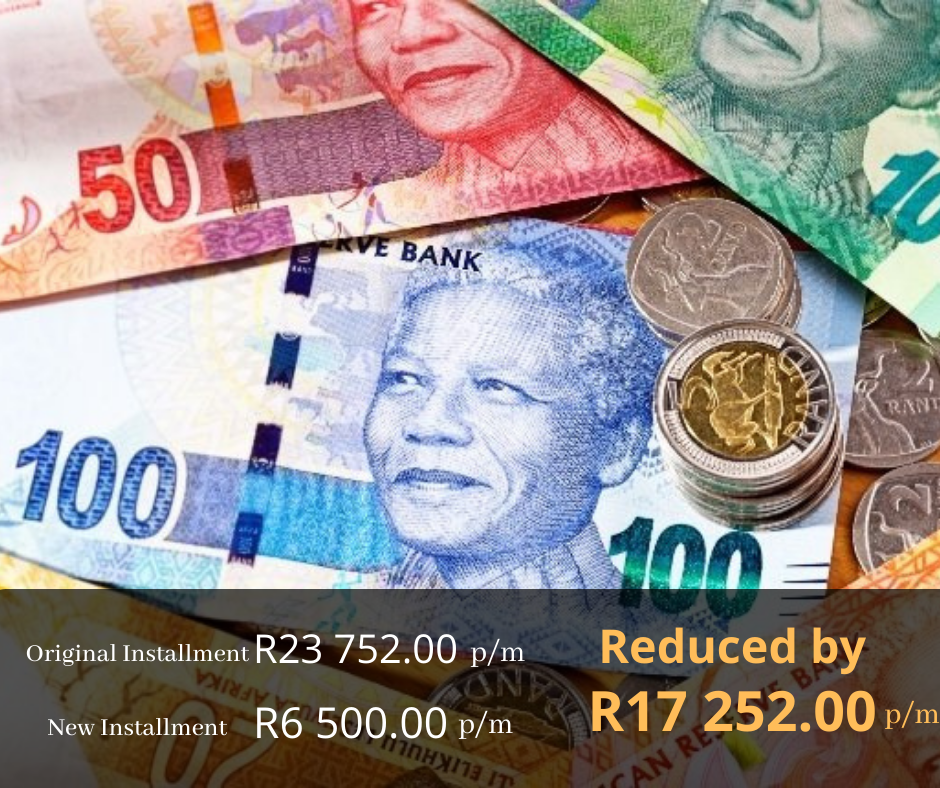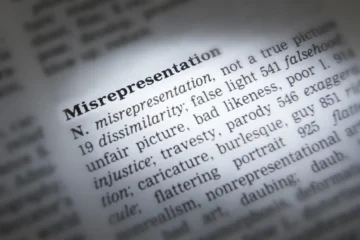How to handle a Financial Crisis
How to handle a financial crisis?
Discover essential tips for South African consumers on effectively handling financial crisis. Learn how to assess, prioritize, and adjust your finances during challenging times. Navigate uncertainty with practical strategies to safeguard your financial well-being.
By The National Debt Review Center
Navigating Choppy Waters: A Guide for South African Consumers on Handling Financial Crises
In today’s unpredictable economic landscape, financial crises can strike at any time, leaving even the most prepared South African consumers feeling overwhelmed and uncertain about their future. Whether it’s a sudden job loss, medical emergency, or a global economic downturn, knowing how to navigate these challenging times is crucial to maintaining your financial well-being. In this guide, we’ll explore practical steps and strategies to help you weather the storm and emerge stronger on the other side.
How to handle a Financial Crisis?
Assess the Situation
The first step in handling a financial crisis is to assess your situation realistically and objectively. Take a close look at your financial standing – income, expenses, debts, savings, and investments. Create a comprehensive budget that outlines your essential expenses, such as housing, utilities, groceries, and insurance. This will give you a clear picture of where you stand and help you identify areas where you can cut back if needed.
Prioritise and Cut Non-Essential Spending
During a financial crisis, it’s essential to prioritise your spending. Focus on necessities like housing, food, healthcare, and utilities. Cut back on discretionary expenses such as dining out, entertainment, and unnecessary subscriptions. Temporarily sacrificing luxuries will free up funds that can be directed towards critical expenses and building an emergency fund.
Communicate with Creditors and Lenders
If you’re struggling to meet your financial obligations, it’s vital to communicate with your creditors and lenders. Ignoring their calls or messages will only worsen the situation. Reach out to them and explain your circumstances. Many lenders are willing to work out temporary arrangements, such as reduced payments or deferred due dates, during times of crisis. This can help you avoid late fees, penalties, and damage to your credit score.
Explore Government Assistance and Support
In South Africa, various government programs and initiatives are designed to provide support during financial hardships. Stay informed about social assistance programs, unemployment benefits, and grants that you may be eligible for. These resources can provide a safety net while you work on stabilising your finances.
Tap into Emergency Savings
Ideally, you should have an emergency fund set aside for unforeseen situations. If you have one, this is the time to use it. Your emergency fund can cover essential expenses and prevent you from accumulating high-interest debt. If you don’t have an emergency fund, consider this a lesson learned and start building one as soon as you’re back on your feet.
Explore Additional Income Streams
During a financial crisis, finding ways to generate additional income can be a game-changer. This could involve freelancing, part-time work, selling unused items, or offering your skills and expertise online. The gig economy has opened up numerous opportunities for South Africans to earn extra income from the comfort of their homes.
Review and Adjust Financial Goals
In times of crisis, your long-term financial goals might need to take a back seat while you focus on immediate needs. Review your financial goals and consider adjusting them to align with your current situation. This could mean delaying major purchases, revisiting retirement plans, or reevaluating investment strategies. Remember, these adjustments are temporary, and you can always revisit your goals when your financial situation improves.
Seek Professional Financial Advice
If you find yourself overwhelmed and unsure about how to proceed, consider seeking the guidance of a financial advisor. A professional can provide personalised advice tailored to your unique circumstances. They can help you create a realistic financial plan, make informed decisions, and navigate complex financial matters with confidence.
Embrace a Frugal Mindset
A financial crisis can serve as a wake-up call to reevaluate your spending habits and adopt a more frugal lifestyle. Learn to differentiate between needs and wants. Look for ways to save money without sacrificing your quality of life, such as cooking at home, using public transportation, and exploring free or low-cost entertainment options.
Take Care of Your Well-Being
Lastly, remember that your well-being is just as important as your financial stability. Financial crises can be incredibly stressful, impacting your mental and emotional health. Practice self-care by staying physically active, connecting with loved ones, and seeking support if you’re feeling overwhelmed. A clear and focused mind will better equip you to handle the challenges that come your way.
In conclusion, facing a financial crisis is undoubtedly challenging, but with the right strategies and mindset, you can navigate these turbulent waters. Assess your situation, prioritise essential expenses, explore assistance programs, and consider adjusting your financial goals. By taking proactive steps and seeking support when needed, you can emerge from the crisis stronger, more resilient, and better equipped to handle future uncertainties. Remember, you have the power to steer your financial future in the right direction.








0 Comments